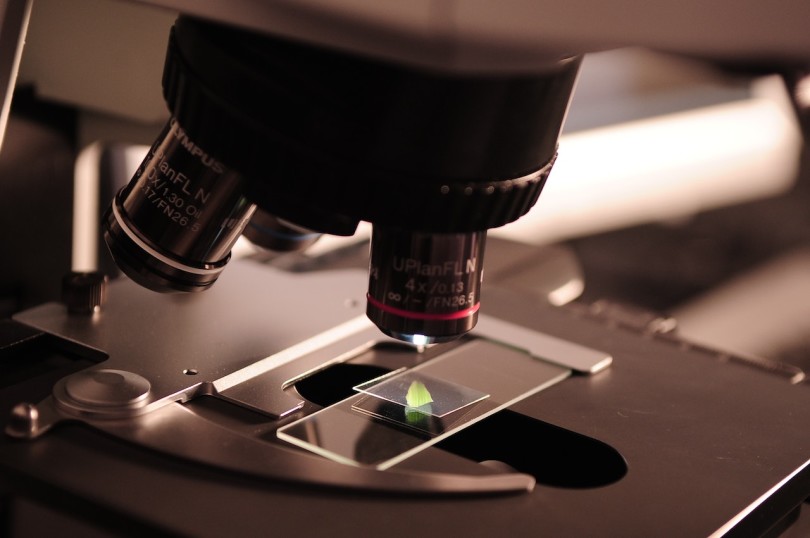3 Innovations from the International Horticultural Expo.
29 Apr 24
Enviro ChatThe Global News Source for the World of Science and Chemicals
20 February 2023
Lab Chat
p>The UAE continues to be a global leader in stem cell research, prompting one industry expert to say he was “totally blown away” by the advances being made in the country. Professor Pekka Katajisto, who serves as director of the MetaStem Centre of Excellence at Finland’s University of Helsinki, made the comments on a recent trip to the Emirates.
Through the Abu Dhabi Stem Cell Centre and the Emirati Genome Programme, the UAE has been pursuing research in this area for some time. The institutes have signed agreements with some of the foremost authorities on stem cell theory in the world, as well as pioneering exciting new avenues of treatment such as stem cell banking.
Around one year ago, the Abu Dhabi Stem Cell Centre signed a deal with the National Institute of Allergy and Infectious Diseases in the USA to better understand the development and treatment of chronic illnesses. In particular, the collaboration was intended to further research into how stem cells can be used to diagnose and treat infectious and non-communicable diseases more rapidly and accurately.
At the same time, the Emirati Genome Programme has called upon thousands of citizens to submit anonymous blood samples. This is so that they can better observe how DNA changes in response to certain health conditions, allowing them to not only recognise issues more quickly, but also develop more effective treatment programs for them.
At the beginning of 2022, the Burjeel Medical City hospital in Abu Dhabi made history when it successfully used frozen stem cells in a bone-marrow transplant operation. The patient had been suffering from Hodgkin lymphoma and required chemotherapy. However, since chemo targets healthy cells as well as cancerous ones, the stem cells were removed and frozen to -200°C, then reinserted into the man after the course was complete.
It marked the first time that cryogenic freezing techniques – which use liquefied nitrogen to preserve the cells for a maximum of 25 years – had been used in the country. With that milestone now achieved, the path is clear for future treatments to plough the same furrow, thus expanding the capacity of Emirati hospitals to cure their patients.
Elsewhere, Professor Katajisto also shared what his country have been working on with regard to stem cell research. At present, his team are investigating how to isolate beta cells from the pancreas and use them to restore the creation of insulin in diabetic patients. If successful, this avenue of research could eventually replace the injections which diabetics must undergo on a daily basis with a single, simple surgical operation.
Professor Katajisto specialises in aging biology and he is particularly interested in why stem cell activity – which is responsible for repairing damaged tissue – declines over time. Through a technique he calls “reprogramming”, he aims to make aging cells more effective at dealing with ailments and diseases that commonly occur in later life.
DOWNLOAD PDF

2 Day Seminar Program
@ ArabLab+ 2024
24 & 25 September 2024
22 Apr 24
Lab ChatYour stay in Dubai
Labkit
Product News
Chemkit
Product News
Thinking about exhibiting at ARABLAB 2024? Watch our video to find out more.
Join the world’s leading organisations…
Join our mailing list and receive the ARABLAB newsletter and event updates.